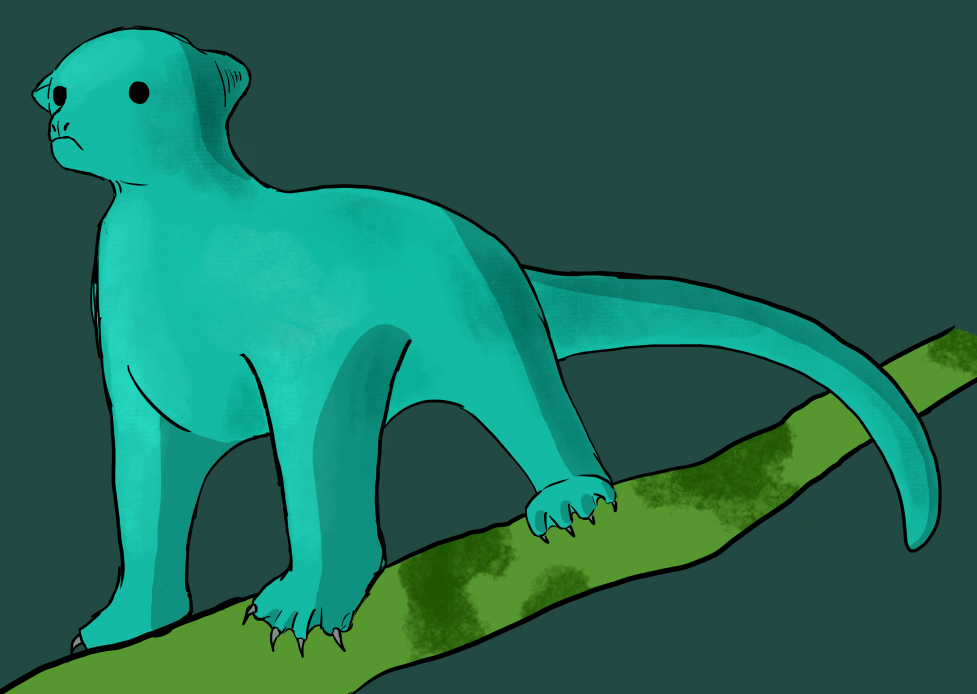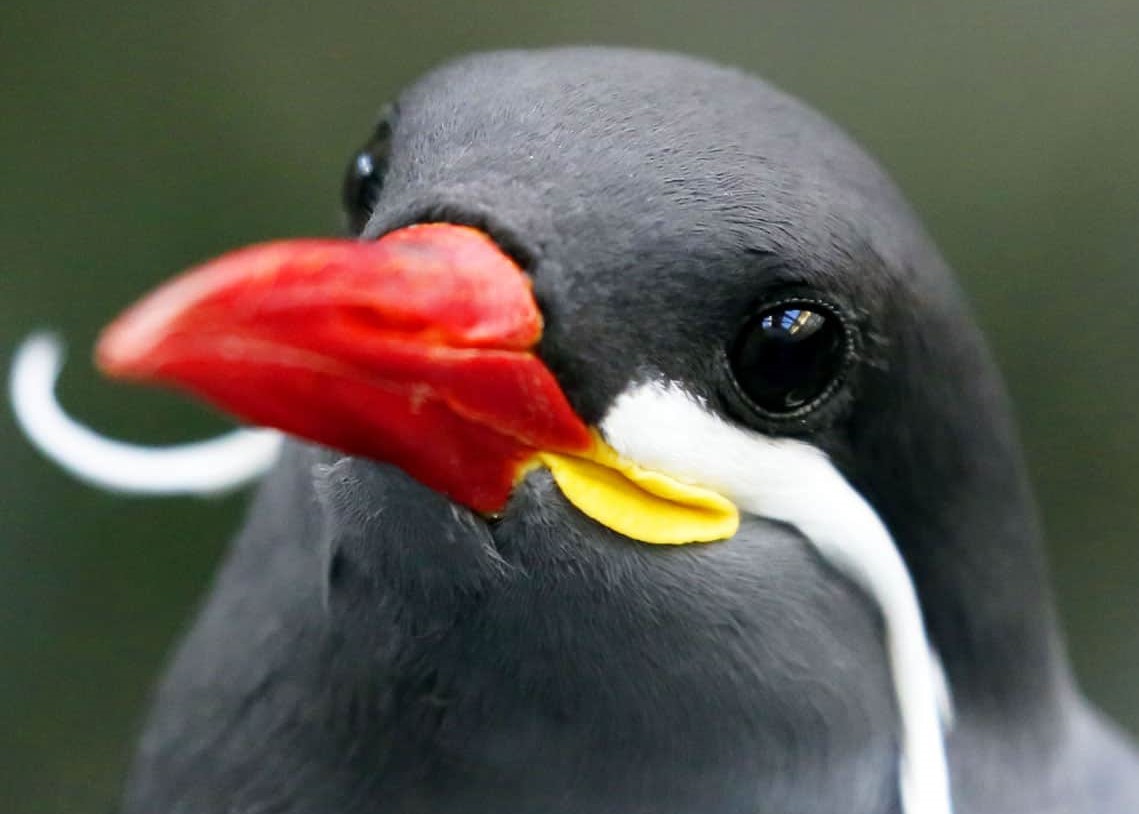Animalia
Animalia is a supermassive classification of organisms that contains quadrillions of species throughout the Yonderverse. Animals are multicellular, eukaryotic organisms. Organisms in this kingdom are greatly varied, from sessile sea sponges to serpentine creatures with god-like powers.
Animals rule the Yonderverse as it is, with sophonts under this kingdom having dominated the galaxies and planets within.
The original classification system was created by the human species, but after their extinction the kingdom was adopted by the Federation of Biological Societies and became a Yonderversally used classification system.
Animals have always been deeply rooted within sophontic culture. Almost all sophonts around the Yonderverse use animals in some form or another. Whether it be to carry resources across long distances, modes of transport, modes of living, companionship, for food or for renewable resources, animals have a plethora of uses that have been taken advantage of, both morally and immorally. Non-sophontic animals are commonly featured in mythology, religion, sport, politics, and in daily life.
Intelligence of animals varies massively between species. Some animals are unaware of their own existence, while others are intelligent enough to have control of entire galaxies (see Navillan Galaxy).
Earthly Origin
Animalia was originally designed to classify organisms on planet Earth alone. Humans successfully categorised almost every discovered animal on the planet, 1.5 million species by their extinction.
Animals on Earth were classified based on a number of characteristics. They were eukaryotic, multi-cellular, heterotrophic, respire aerobically, and are able to move freely at some point in its life cycle.
The kingdom underwent countless revisions over several hundred years, first established by Carl Linnaeus. Advanced technology revolutionised taxonomy, allowing scientists to determine evolutionary paths of species based on genetics.
Intergalactic Classifications
The original kingdom only classified organisms from planet Earth, all with a common ancestor. Since animals of various planets typically do not have a common ancestor. The Milky Way Institute of Biology, Taxonomy, and Conservation classifies animals in the Milky Way based on a number of factors, including physical appearance and behaviour.
Many animals native to different planets can be found in the same order, family, or even genus. For example, terran kinkajous and paradise kinkajous are in the same genus, Potos, despite being native to two separate planets. When a species is so unique in its physiology and warrants being classified separately, new taxa are designed to accommodate it, but most taxonomists fight to fit a new species into an existing taxa, for the sake of being easier.
Animalia VS Inanimalia
In many independent classification systems there is significant overlap between Animalia and Inanimalia. The latter is a taxonomic kingdom designed to encompass creatures of a magical origin, regardless of evolutionary path or physiology. Many of these organisms were once classified as an animal, but reclassified upon further analysing.
There is a difference between an animal having magical qualities, than being born of magic. Any organism has the ability to wield magic (most do not), while others only exist because of magic, which puts them in the kingdom Inanimalia.
Planet Specific Classifications
Planetional Taxa
Some planets have elected a planetional taxa, a group of species to symbolise the planet. Jupiter has elected the class Aurvada to represent the planet, or Komosinae for Temperil.Many taxa are limited to just a single planetary body. With quadrillions of species to sort and classify, many groups of animals have such a unique evolutionary path that no other animals in the Yonderverse can be put in the same taxa as them. This is most common with genuses and families, but occasionally an entire order or class of organisms are exclusive to a single planet. For example, the class Aurvada is exclusive to planet Jupiter.
Bilateria
Cnidaria
Ctenophora
Placozoa
Porifera
Kingdoms Infraphylums Classes Families

















ANIMALS! I really do love how you have adapted Earth's classification system for the universe.
Explore Etrea | March of 31 Tales
Thank you so much! <3